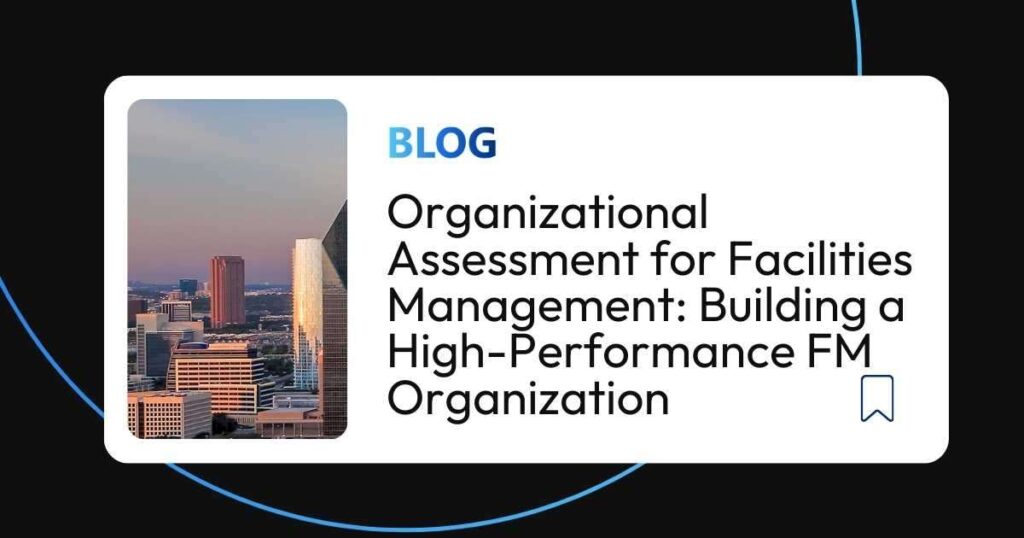Mohammed Arafat writes about how to utilize building performance standards to improve the bottom line for your facilities in this article for the BOC Bulletin. The BOC Bulletin is published by Building Operator Certification® (BOC) is the leading training and certification program for building engineers and maintenance personnel.
The article, Navigating the Impact of Building Performance Standards on Facilities and Finances, discusses the growing implementation of Building Performance Standards (BPS) in the United States to combat emissions in the real estate sector. BPS aim to enhance the sustainability and energy efficiency of buildings, with goals including reducing energy consumption, minimizing greenhouse gas emissions, advocating for electrification, promoting renewable energy integration, and enhancing water efficiency.
The financial impact of BPS on building owners is highlighted, emphasizing that non-compliance could reduce a building’s net operating income (NOI) by 5.1 to 5.8%. The article explores how BPS affect facility management, demanding a proactive and strategic approach to building operations, including investments in energy-efficient technologies and compliance through regular maintenance.
Several U.S. states, including Washington, California, New York, Illinois, Colorado, Massachusetts, and Washington, D.C., have embraced or are in the process of implementing BPS as part of their commitment to sustainability and energy efficiency.
The article concludes by underlining the positive environmental and financial effects of BPS, including lower operating costs, increased market value for buildings, and potential financial incentives. It suggests that BPS are vital for improving the sustainability of buildings, contributing to a greener and economically sound future.
Read the full article, here.




